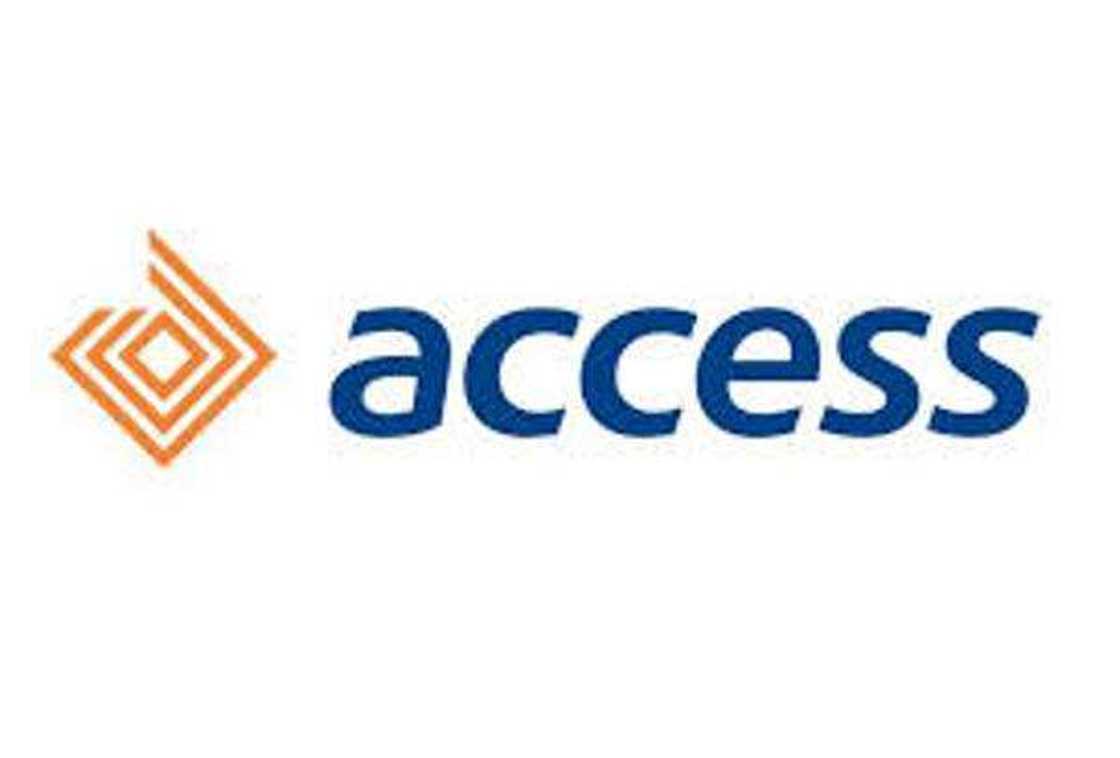Access Corporation and the Path Towards Securing the Rights of the Girl Child
The rights of the girl child have assumed the status of an international concern across many global organizations and societies —and for good reason. Across the globe, the rights of the girl child have been downtrodden across different socio-political and economic spheres, ranging from denying access to quality education to a lack of legal representation and even the imposition of socio-cultural practices on the girl child. Notably, this imposition of socio-cultural practices like female genital mutilation (FGM) to ‘money wives’ — a practice where the girl child is ‘sold’ to pay off her parents' debts — are alarmingly rife in many African and Asian societies. Looking at these challenges from a statistical standpoint, the enormity of the global obstacles facing the girl child is evident.

Globally, more than 129 million girls are out of school. This includes more than 32 million girls of primary school age, 30 million girls of lower-secondary school age, and 67 million of upper-secondary school age. Moreover, in countries where civil conflicts abound, girls are more than twice as likely to be out of school as those in non-affected countries. Sadly, but unsurprisingly, this has trickled down into many issues, such as forced marriages, child marriages in many developing regions.
According to the United Nations International Children’s Emergency Fund (UNICEF), despite the progress witnessed in many communities over the decade, the prevalence of child marriage still stands at 12 million. Of this number, West and Central Africa bear the highest burden, with about 4 in 10 women married before the age of 18.
Using Nigeria as a viable example within Western Africa, the nation still grapples with its inability to achieve Sustainable Development Goals (SDGs). For one, the implementation of the fundamental rights of the girl child remains a thorn in the flesh of sustainability advocates.
Research conducted by UNICEF have noted that the country had over 22 million child brides, resulting in Nigeria being the country with the most child marriages in West and Central Africa. Furthermore, the study hinted at a disheartening increase in child brides by 2050, noting that about 7 million female children will be given out for marriages.
Forced marriages are being performed across the length and breadth of the country, while child marriage still occurs as a dominant practice in the northern parts of the country.
Issues such as forced marriages, child marriages, and a lack of access to quality education are the cause of increased gender-based violence and infringements on the girl child’s rights. Compounding this problem is the low-conviction rate of perpetrators, which has only encouraged those involved in such heinous crimes against the girl child. Indubitably, there is a need for more concerted efforts across the public and private sectors to engage the girl child, ensuring adequate socio-economic infrastructure are in place to aid the girl child in achieving her dreams.
Largely, corporate organisations are responsible for ensuring the overall development of their immediate environment. From greener climates to entrenching fundamental rights, corporate organisations must stake their interests in the sustainable development of the societies they operate and, as exemplified by Access Corporation, secure the rights of the masses by providing adequate infrastructure and backing laudable impact programs.
Access Corporation has executed many initiatives that cater to developing the girl child. For instance, to commemorate the International Day of the Girl Child in 2020, Access Corporation partnered with HACEY Health Initiative to birth the “My Voice, Our Equal Future” campaign. This initiative included a safe space leadership and health workshop for girls, media awareness on promoting the health and productivity of women and girls in Nigeria, and the establishment of a media lab – the first studio in Nigeria dedicated to training young girls to leverage on digital media tools to amplify their voices.
Through the “My Voice, Our Equal Future” initiative, over 3,800 young girls were also reached with safe space leadership, health and productivity messages — both online and offline —through workshops and secondary school visitations that spanned 30 schools.
Expanding the impact of its partnership with HACEY Health, Access Corporation has also launched a series of programs through its “16 Days of Activism” drive. These programs, which include campaigns to “End Rape Culture” and “Kick out Gender-Based Violence” target game lovers using the launch of FIFA 21 as a springboard to generate discussions on ending gender-based violence. Additionally, the initiative has featured online summits and exhibitions, including a webinar on challenges and opportunities to leverage innovation and technology to end gender-based violence. Finally, media rounds across the country helped to raise awareness on the different forms of violence against women and girls.
By way of results, the end rape culture exhibitions featured more than 400 participants, while the end rape culture and gender-based violence webinar had over 300 participants. Furthermore, the game competition designed to engage young men in ending rape culture directly reached more than 290 young men. The campaign reached 205,000 people via social media, and a feature on the subject aired on Arise TV, reaching a global audience.
Access Corporation may not be the only organisation paving the way for the implementation of girl child rights in Nigeria. However, its contributions have smoothed the nation's path towards the total achievement of this goal. However, as the saying goes: "It takes a village to raise a child" and indeed, it takes more than a few initiatives to ensure that the girl child’s rights are fully recognized. In this light, it is pertinent that other corporate organizations, yet to heed the clarion call, embrace strategic collaborations that will foster the quick and effective implementation of the girl child’s rights.
Access Corporation will continue its push for gender balance and equality through its upcoming conference in line with the global theme of the 2023 International Women’s Day. Billed to hold on March 23, the organization will seek to challenge gender stereotypes and discuss issues around discrimination while championing the call for society to #EmbraceEquity.
The conference will feature a seasoned crop of contributors, including Dame Pauline Tallen, Nigeria’s Minister for Women Affairs; Dotun Akande (ACAS), Founder and Director of Patrick Speech and Languages Centre; Stephanie Busari, Head, Nigeria Bureau at CNN; Yewande Kazeem, Founder Wandieville; Flt Lt. Kafayat Omolara Sanni, the first female fighter pilot in Nigeria; seasoned actor, Richard Mofe-Damijo and more.
To register for the conference, visit https://www.accessbankplc.com/women.
[Sponsored]
Source: Legit.ng


